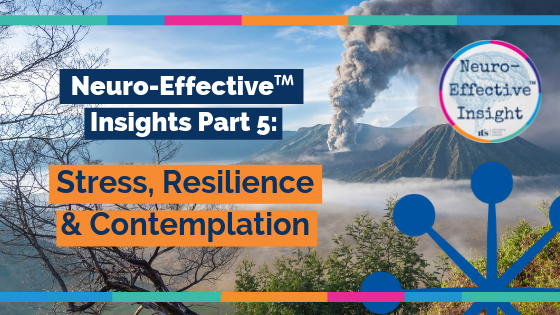Why learn coaching skills?
Do you want to be able to draw out the best in people? And would it help if you knew how to do this?
Then knowing how to use a coaching approach with people is going to be very useful to you.
I’ve had a number of conversations about this recently and it made me think it was worth addressing directly. So here goes.
There is a very good reason why interest in coaching has exploded over the past decade. It gives you a way of engaging that is tailored to each individual and each team. Instead of some off-the-peg training, coaching can be endlessly adapted to suit a particular individual or team.
If you want to get really good at coaching you’ll need to learn the skills and practice them. You can read all the books you like on the subject but there’s no substitute for skills-based, real-time, face-to-face learning.
That’s why each year I set aside a number of days to make sure my colleagues and I can deliver in person what is needed to master these skills. Because it’s at the cutting edge we call it Coaching – the Next Generation.
Whilst some people attend the coaching programme with the intention of becoming full-time or part-time coaches, many come so they can apply the learning at work within their existing profession. On the program they learn how to coach, of course – but they also learn how to integrate the Coach Approach more widely. And as they do this so they can become better leaders, team members, managers – and even better parents.
Strong demand for coaching skills
The need for professionals with coaching skills has taken off spectacularly in the last decade with the realisation that this approach delivers long-lasting, significant change. The ITS Coach Approach teaches people how to ask the right questions of others, so that they can achieve better results by playing to their strengths. Would you like to learn how to facilitate a new way of thinking by asking the right questions at the right time?
As coaching has evolved over the years, we have recognised the advantages of drawing on the expertise of Master Coaches from different schools with different approaches. That’s why the modules are delivered by five renowned Master Coaches each with unparalleled experience in their particular field.
Good coaching is regular, consistent and ongoing. It is not the same as the relationship between a mentor and a mentee where there is more of an expert-client relationship. The Coaching Program certainly teaches the practicalities. But I know from so many of our graduates that they have gone on to make a meaningful difference in the lives of others and consequently lead successful, fulfilled lives themselves.
To me this is a real win-win: professional success that is personally fulfilling.




Leave A Comment